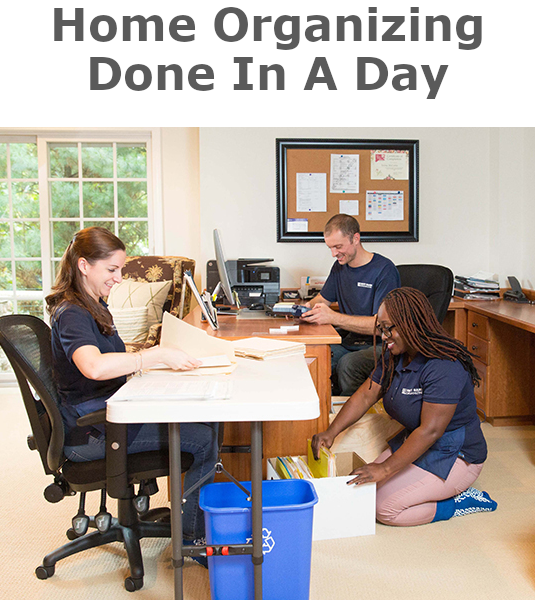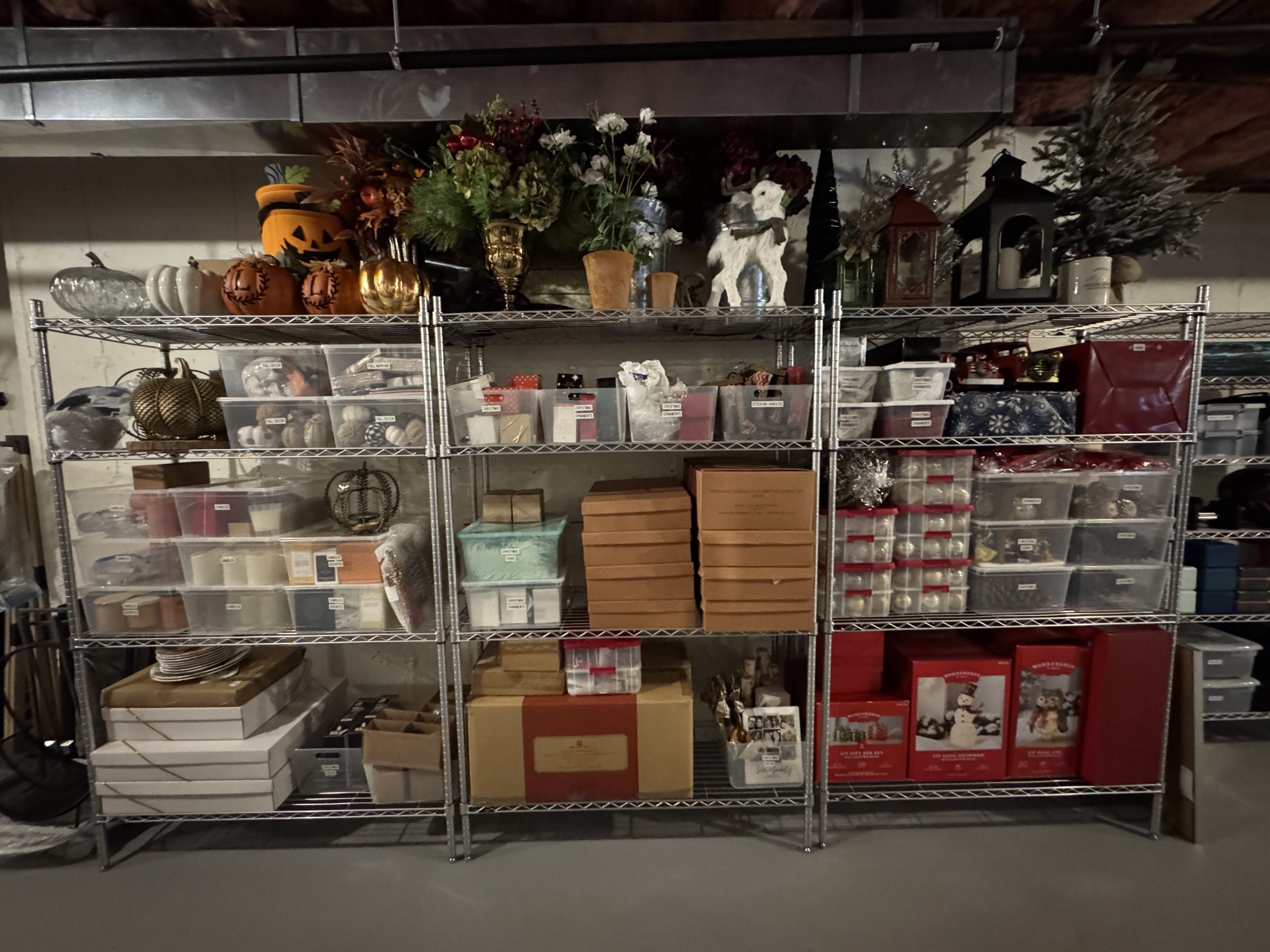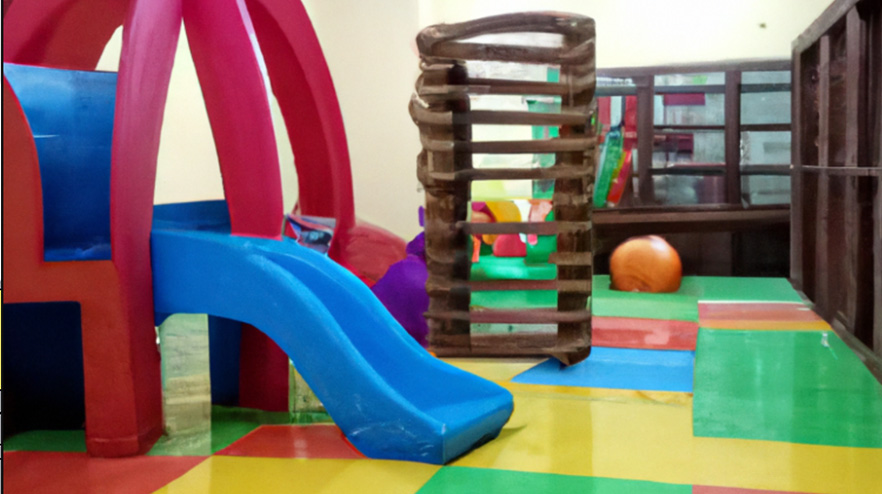I’m no couple’s counselor, but my work does require me to be a diplomatic third party in some contentious marital turf wars. Here are six things I have learned from the experience.
1. Neither gender is better. Who collects more clutter, men or women? I have heard both sides of the argument many times, but the fact is there are no winners. I hear men claim that women are biological “gatherers” and are therefore more inclined toward shopping and hoarding. I have heard women say that men are just big boys and boys love their toys. There can be some truth to BOTH those arguments, but in the final analysis it’s a wash, so forget the generalizations and focus on the specifics of the organizing challenges at hand.
2. Good Fences. I never really understood the final line of Robert Frost’s poem Fences, “Good fences make good neighbors,” until I moved to the tight space of New York City. The point was really driven home when I got married. Sure, it’s all about sharing a life together and enjoying each other’s company, but without at least a small space of your own to retreat to once in a while, you’re bound to get on each other’s nerves. If one spouse loves clutter and the other loves clear, this is especially true.
3. Tidy Tie-breaker. Now, cluttered spouse, if you’re taking out a roll of tape to make an even division between cluttered and clear zones in your house, forget it. The tidy spouse gets to veto that initiative. Why? For the same reason non-smokers have more rights than smokers. The habits of the tidy spouse don’t adversely affect the well-being of the cluttered spouse, but the opposite is not true. Oh sure, you may claim your stuff is always being “hidden” on you. Too bad. In clutter-free zones, you’ve got to put your stuff away or it will be done for you.
4. Stuff represents emotions. OK tidy spouse, don’t start doing the righteous dance just yet. If you push your cluttered spouse too hard, it may well have the opposite outcome intended. If you try and change him or her, he or she is going to resent you and resist you harder. Allow that cluttered craft room or workshop, as long as the clutter doesn’t overflow into your clutter-free zones. Also, don’t try to understand all of those sentimental keepsakes that can’t be thrown out. It may be garbage to you, but to your spouse it may represent a fond memory. It may also represent an unfinished project. To toss it may represent an admission of failure. Don’t expect to be thanked for that.
5. Task, not Technique. This is a tough one, but important in a relationship. As with space there needs to be clearly defined boundaries with organizing tasks, but again, don’t push too hard. It’s much more palatable to do an unpleasant task if you can do it in a way that suits you rather than being told HOW it suits someone else. For example, dishwashing is my task and it suits me to only do it once a day. My lovely wife would prefer three washings, but she patiently keeps quiet (mostly). Washing towels, on the other hand, is her task and she replaces the ones she removes with clean ones, when it suits her. I, in turn, patiently walk around the house with my hands dripping.
6. Tip of the Iceberg. A very common phenomenon I see between a cluttered spouse and a tidy spouse is the pendulum swing between one extreme to another. Cluttered spouse may have an important project spread out on the dining table only to come home one day and find it suddenly completely gone! Panic ensues followed by yelling as tidy spouse tells cluttered spouse that he or she couldn’t take it any more. Cluttered spouse sees tidy spouse as obsessive and disrespectful. Tidy spouse sees cluttered spouse as selfish and disrespectful. You notice what word BOTH have in common. Cluttered spouse could show respect to tidy spouse by providing a project box so that tidy spouse can fill it and have the table cleaned. Tidy spouse could show respect by calling (texting) cluttered spouse and telling him or her that his or her important project has been safely boxed, so the table can be cleaned. It’s not about the stuff. It’s about the respect. That’s where the conversation should begin and end.
Do you have “clutter conflict” stories you’d like to share? I’d love to hear them.
Please Share With Your Community
















